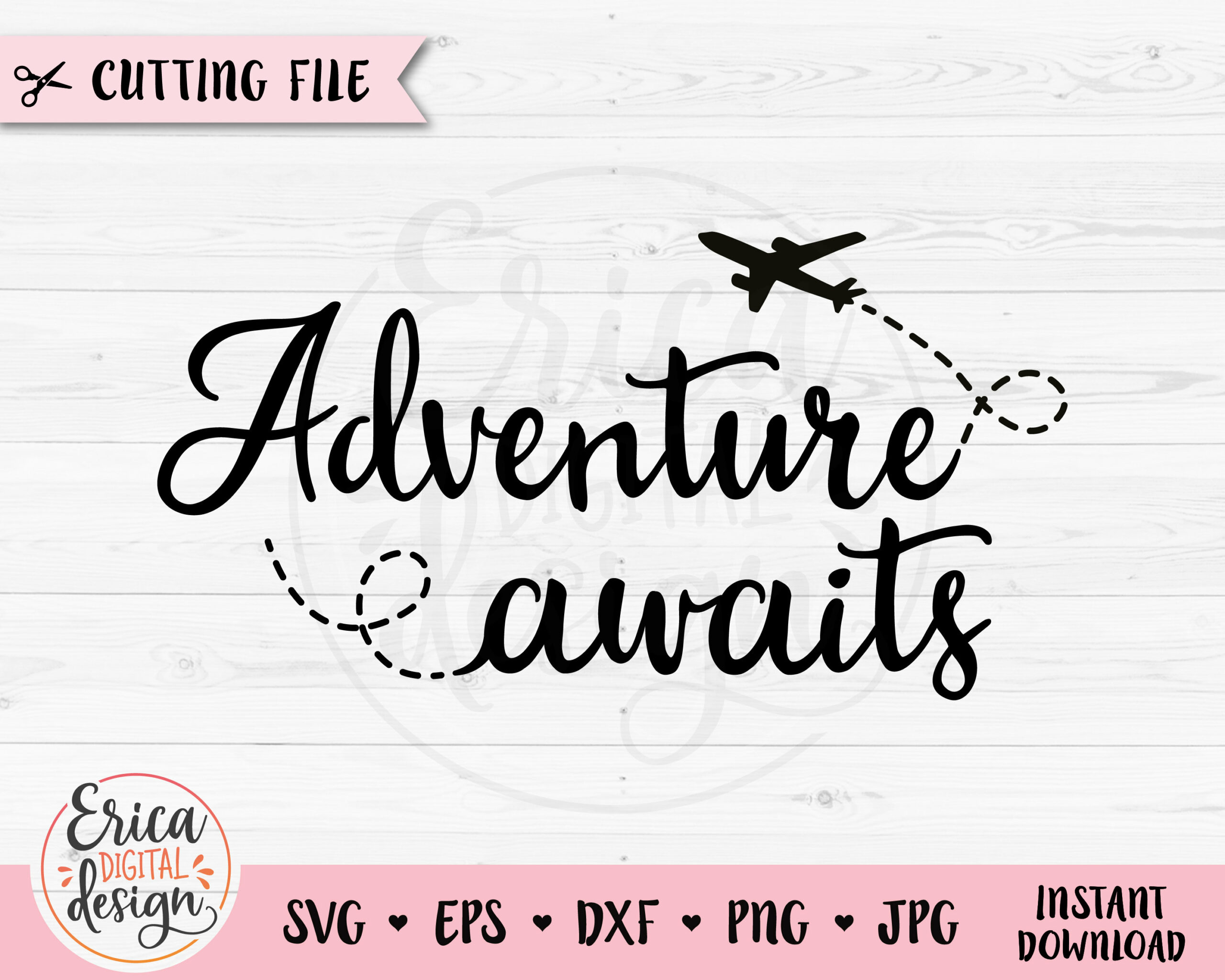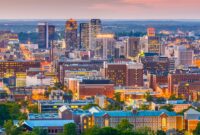Travel for older singles presents a unique opportunity for personal growth and exploration. Embarking on solo adventures allows for self-discovery and the freedom to pursue individual interests at a pace that suits one’s lifestyle. Whether it’s the thrill of an adventurous trek through a foreign land or the tranquility of a relaxing beach retreat, the world is open to those who seek it. This exploration delves into the practicalities and pleasures of travel designed specifically for older adults traveling alone, offering insights into planning, safety, and enriching experiences.
This guide provides comprehensive advice on various aspects of travel for older singles, from selecting suitable travel styles and destinations to managing budgets and prioritizing health and well-being. We’ll examine safety precautions, explore diverse accommodation options, and offer strategies for social interaction and community building during solo trips. The aim is to empower older single travelers to confidently plan and enjoy fulfilling and memorable journeys.
Safety and Security Considerations
Traveling solo as an older adult presents unique safety and security challenges, but with careful planning and preparation, these can be mitigated significantly. This section outlines practical strategies to ensure a safe and enjoyable trip.
Practical Safety Tips for Older Single Travelers
Prioritizing personal safety is paramount when traveling alone. This involves proactive measures to minimize risks and enhance situational awareness. For instance, always inform someone of your itinerary, including flight details, accommodation addresses, and planned activities. Share your real-time location through a location-sharing app with family or friends. Avoid walking alone at night in unfamiliar areas, opting for well-lit and populated streets. When using taxis or ride-sharing services, verify the driver’s identity and share the trip details with a contact. Be cautious of strangers offering unsolicited help or engaging in overly friendly conversations. Trust your instincts; if a situation feels unsafe, remove yourself from it.
Staying Connected and Accessing Emergency Services
Maintaining reliable communication is crucial for safety. Before departure, ensure your mobile phone plan includes international roaming or purchase a local SIM card. Familiarize yourself with emergency numbers in your destination country. Download a translation app to facilitate communication in case of emergencies. Consider investing in a personal locator beacon (PLB) or satellite messenger for remote areas where cellular service may be unreliable. These devices can transmit your location to emergency services even without cellular coverage. Inform your family or friends of your communication plan and regularly check in with them.
Travel Insurance for Older Adults: Benefits and Drawbacks
Travel insurance specifically designed for older adults offers crucial protection against unforeseen circumstances. Benefits often include medical evacuation coverage, which can be particularly important for those with pre-existing health conditions. Reputable policies also cover trip cancellations, lost luggage, and emergency medical expenses. However, premiums for older travelers tend to be higher due to increased risk. Carefully review the policy details, paying close attention to exclusions and limitations. Compare quotes from different providers to find the best coverage at a reasonable price. Consider the potential costs of medical care abroad without insurance, which can be exorbitant.
Essential Items Checklist for Older Single Travelers
A well-prepared checklist ensures you have the necessary items for a safe and comfortable trip.
- A comprehensive first-aid kit, including any necessary prescription medications.
- Copies of important documents (passport, visa, driver’s license, insurance information) stored separately from originals.
- A portable charger for your electronic devices.
- Comfortable walking shoes.
- A lightweight, easily manageable suitcase.
- A list of emergency contacts, including local embassy or consulate information.
- Any assistive devices, such as a cane or walker, if needed.
- A small flashlight.
- A whistle for signaling help in emergencies.
Budgeting and Financial Planning
Planning a trip on a budget is crucial, especially for older singles traveling alone. Careful financial preparation ensures a relaxing and enjoyable experience without the added stress of unexpected expenses. This section will outline strategies for creating a realistic budget, exploring affordable travel options, and managing finances effectively during your journey.
Creating a Realistic Travel Budget
Developing a realistic travel budget involves a thorough assessment of anticipated expenses. Begin by identifying your trip’s duration and destination. Research average costs for accommodation, food, activities, transportation, and any potential unforeseen expenses. Consider using budgeting apps or spreadsheets to track expenses meticulously. A contingency fund of 10-20% of your total estimated cost is highly recommended to cover unexpected situations, such as medical emergencies or flight delays. For example, a two-week trip to a European city might require a budget of $3,000-$5,000 depending on your lifestyle and choices. Breaking this down into daily or weekly spending limits can provide better control.
Affordable Travel Options for Older Adults
Numerous affordable travel options cater specifically to the needs and preferences of older adults. Consider traveling during the shoulder seasons (spring and autumn) to benefit from lower prices on flights and accommodation. Look for discounts offered by senior citizen organizations or travel agencies specializing in senior travel. Group tours can often offer cost savings through bundled services and shared transportation. Utilizing public transportation whenever possible instead of taxis or ride-sharing services can also significantly reduce travel costs. For example, utilizing Eurail passes for extensive train travel within Europe can prove significantly cheaper than flying between multiple cities.
Comparing Accommodation Costs
Choosing the right accommodation is a significant factor influencing your overall travel budget. The costs vary considerably depending on the type of accommodation, location, and amenities.
- Hotels: Hotels offer a range of options, from budget-friendly chains to luxurious resorts. Prices vary greatly depending on location, star rating, and amenities. Expect to pay more for hotels in popular tourist destinations or those with extensive amenities like spas or pools.
- Hostels: Hostels are generally the most budget-friendly option, but they may not offer the same level of privacy or comfort as hotels. They are ideal for solo travelers on a tight budget, often providing shared rooms and common areas. Many hostels now offer private rooms for those seeking more privacy.
- Vacation Rentals: Vacation rentals, such as apartments or houses, can be a cost-effective choice, especially for longer trips. They offer more space and amenities than hotels, and can be particularly suitable for those seeking a more independent and home-like experience. However, costs can vary greatly depending on location and size.
Managing Finances Effectively While Traveling
Effective financial management during travel is paramount. Inform your bank of your travel dates to prevent your cards from being blocked due to unusual activity. Carry a mix of cash and credit/debit cards for flexibility. Utilize travel-friendly credit cards that offer rewards or travel insurance. Regularly monitor your spending using a budgeting app or spreadsheet. Consider purchasing travel insurance to protect against unexpected medical emergencies, trip cancellations, or lost luggage. Remember to keep copies of important documents, such as your passport, itinerary, and credit card information, in a secure location separate from the originals.
Health and Wellness Considerations
Planning for health and wellness is paramount for older single travelers, ensuring a safe and enjoyable trip. Failing to adequately address potential health issues can significantly impact the overall travel experience. This section outlines crucial considerations to help you prioritize your well-being while exploring new destinations.
Health Concerns and Mitigation Strategies
Several health concerns are particularly relevant for older travelers. These include pre-existing conditions like heart disease, diabetes, or arthritis, which may be exacerbated by travel-related stress, changes in climate, or unfamiliar environments. Medication management is crucial; ensure you have an adequate supply, and carry a copy of your prescriptions and any relevant medical information. Consider purchasing travel insurance that includes medical evacuation coverage, especially for destinations with limited healthcare access. Packing a well-stocked first-aid kit containing essential medications and supplies is also highly recommended. Finally, staying hydrated and maintaining a balanced diet are vital for overall health, helping to prevent common travel ailments like dehydration and digestive issues.
Recommended Vaccinations and Health Precautions
Vaccination recommendations vary widely depending on your destination. Consult your doctor well in advance of your trip to discuss necessary vaccinations and booster shots. Many countries require proof of certain vaccinations for entry. For example, yellow fever vaccination might be required for travel to certain regions of Africa and South America. Beyond vaccinations, practicing good hygiene is essential. Wash your hands frequently, avoid consuming uncooked food or water from questionable sources, and take necessary precautions against mosquito-borne illnesses like malaria (depending on your destination and time of year). Consider consulting a travel clinic for personalized advice based on your itinerary and health history.
Maintaining Physical and Mental Well-being During Travel
Travel can be physically and mentally demanding, even for healthy individuals. Older travelers should prioritize pacing themselves, avoiding overexertion, and incorporating rest periods into their itineraries. Regular exercise, even light stretching or walking, can help maintain physical fitness and prevent stiffness. Staying connected with loved ones through regular phone calls or video chats can help combat feelings of loneliness or isolation. Engaging in relaxing activities such as reading, listening to music, or practicing mindfulness can promote mental well-being. Remember to prioritize sleep and maintain a consistent sleep schedule as much as possible, even when adjusting to different time zones.
Accessible Travel Options for Older Adults with Mobility Challenges
For older adults with mobility challenges, accessible travel options are crucial. Research accommodations and transportation that cater to specific needs. Many hotels offer accessible rooms with features like roll-in showers, grab bars, and wider doorways. Consider utilizing wheelchair-accessible transportation options, such as taxis with ramps or accessible public transport systems. When booking flights, inquire about assistance services available at airports. Many airlines offer assistance with boarding and deplaning, as well as wheelchair assistance during transit. Pre-booking accessible tours and activities can also ensure a smoother and more enjoyable travel experience. Thorough research and advance planning are essential to ensure a comfortable and safe trip.
Ending Remarks
Traveling solo as an older adult can be incredibly rewarding, offering unparalleled freedom and opportunities for self-discovery. By carefully considering safety, budget, health, and social aspects, older singles can tailor their travel experiences to suit their preferences and capabilities. Whether exploring exotic locales or enjoying relaxing getaways, the journey promises a wealth of enriching experiences and lasting memories. Embrace the adventure; the world awaits!




